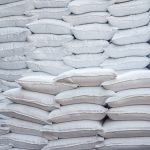Meteorologist Drew Lerner said he expects colder than normal temperatures across the Canadian Prairies and much of the United States Midwest in January, while a good portion of South America is to be hotter than normal.


Some warmer temps for Prairies during week of Jan. 6








